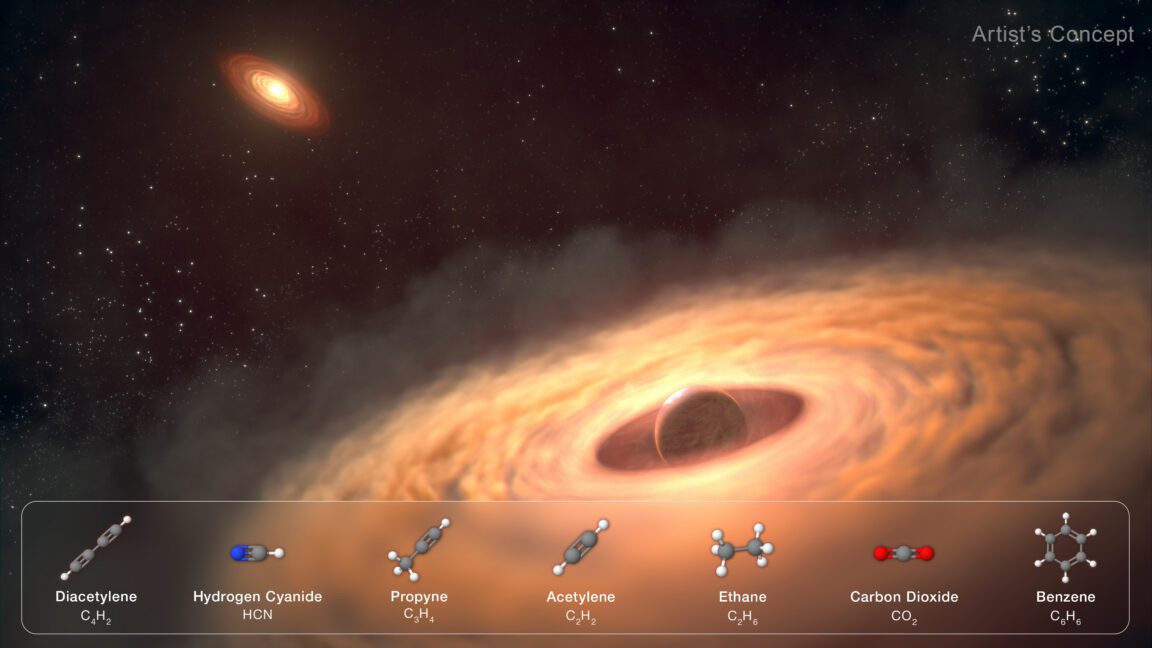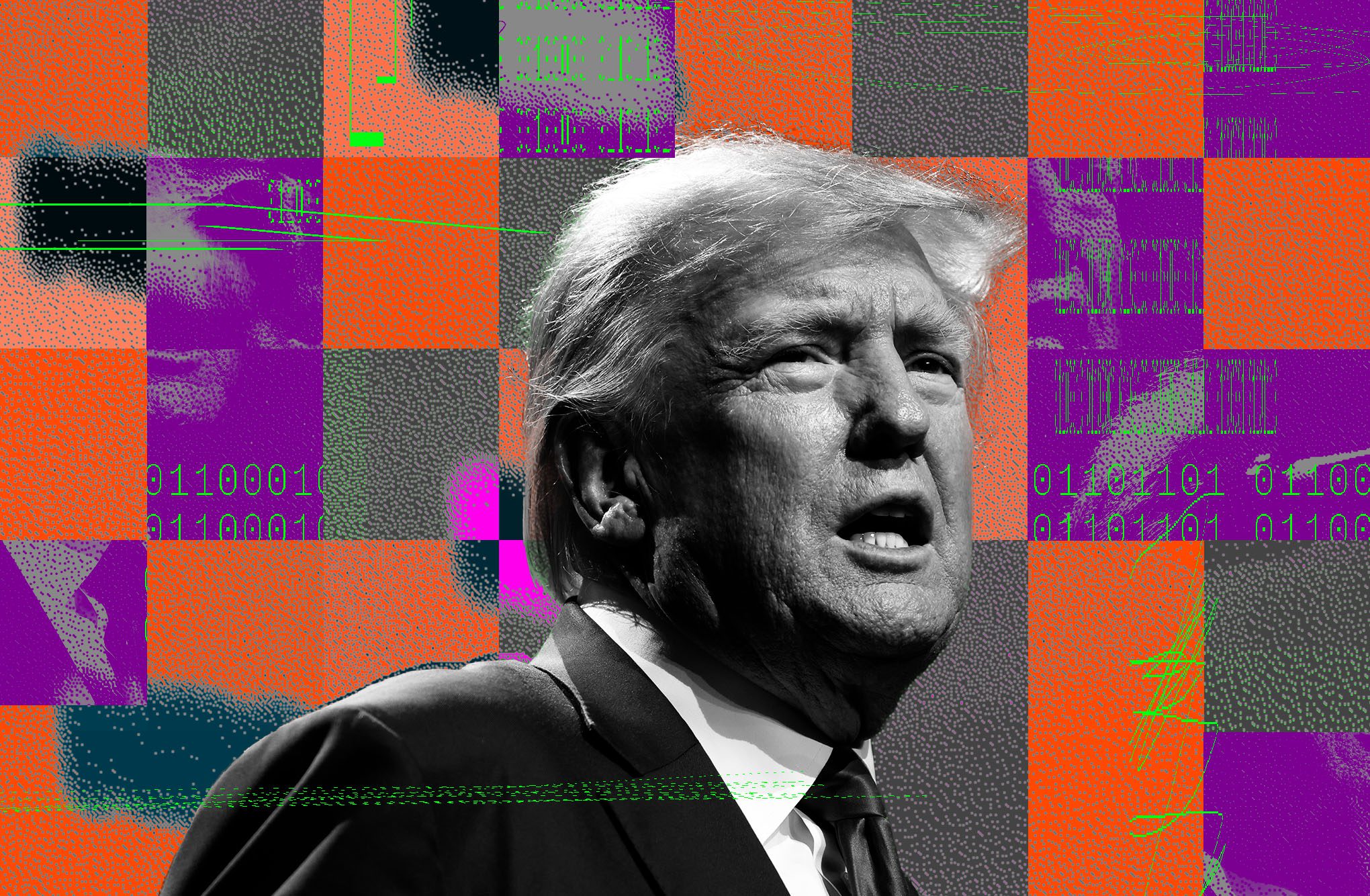
how prebunking can restore public trust and Recent research highlights the potential of “prebunking” as a strategy to restore public trust in election results, alongside other intriguing scientific discoveries from September.
how prebunking can restore public trust and
Understanding Prebunking and Its Impact on Trust
The concept of “prebunking” refers to the proactive dissemination of information aimed at countering misinformation before it spreads. This approach has gained traction as a response to the growing prevalence of false narratives surrounding electoral processes, particularly in the wake of significant political events. The term is particularly relevant in the context of elections, where misinformation can undermine public confidence in democratic institutions.
The Context of Misinformation in Elections
False claims of voter fraud became a prominent issue following the 2020 U.S. general election. After Joe Biden’s victory over incumbent Donald Trump, a wave of misinformation swept through social media and public discourse. Trump himself played a significant role in amplifying these unfounded claims, which culminated in the violent attack on the U.S. Capitol on January 6, 2021. This event marked a pivotal moment in American history, illustrating the dangerous consequences of unchecked misinformation.
Fast forward to 2022, Brazil experienced a similar scenario following its general election, in which voters ousted incumbent President Jair Bolsonaro. Just as in the U.S., claims of electoral fraud proliferated, leading to unrest as Bolsonaro supporters stormed the capital. These events underscore the urgent need for effective strategies to combat misinformation and restore public trust in electoral processes.
The Role of Prebunking
Research indicates that prebunking can be an effective tool in mitigating the impact of misinformation. By providing citizens with accurate information before they encounter misleading narratives, prebunking aims to equip individuals with the critical thinking skills necessary to discern fact from fiction. This proactive approach can help build resilience against misinformation, fostering a more informed electorate.
In practice, prebunking involves several key strategies:
- Education: Informing the public about common misinformation tactics can help individuals recognize and reject false claims.
- Transparency: Providing clear and accessible information about electoral processes can demystify the voting system and reduce susceptibility to fraud claims.
- Engagement: Encouraging dialogue and discussion around electoral integrity can help build community trust and collective understanding.
By implementing these strategies, governments and organizations can work to restore public confidence in elections, ultimately strengthening democratic institutions.
Other Noteworthy Scientific Discoveries from September
In addition to the significant implications of prebunking, September also brought to light several fascinating scientific discoveries that capture the imagination and expand our understanding of the natural world.
Ghost Sharks and Their Unique Teeth
One of the more peculiar stories from September involves ghost sharks, a group of deep-sea cartilaginous fish known for their unusual physical characteristics. Researchers have discovered that these creatures possess a distinctive set of teeth that grow on their foreheads. This adaptation is not merely for show; it serves a functional purpose in their feeding habits.
Ghost sharks, also known as chimeras, have evolved to thrive in the dark depths of the ocean where traditional hunting methods may be less effective. Their forehead teeth allow them to grasp and consume prey more efficiently, showcasing the remarkable adaptability of life in extreme environments. This discovery not only sheds light on the evolutionary strategies of ghost sharks but also highlights the importance of continued exploration in understanding marine biodiversity.
Neutrinos and Laser Technology
Another groundbreaking development involves the use of neutrinos in the creation of advanced laser technology. Neutrinos are subatomic particles that are notoriously difficult to detect due to their weak interactions with matter. However, researchers have recently made strides in harnessing these elusive particles to develop a new type of laser beam.
The implications of this technology are vast. Neutrino-based lasers could potentially lead to advancements in various fields, including telecommunications, medical imaging, and even particle physics research. The ability to manipulate neutrinos opens up new avenues for scientific inquiry and technological innovation, further emphasizing the importance of fundamental research in driving progress.
Exploring the Universe: New Insights from Astronomy
September also saw significant advancements in the field of astronomy, with researchers uncovering new insights into the formation and evolution of galaxies. Using advanced telescopes and observational techniques, scientists have been able to gather data on distant galaxies, shedding light on their composition and behavior.
One of the key findings involves the role of dark matter in galaxy formation. Dark matter, which constitutes a significant portion of the universe’s mass, has long been a subject of intrigue among astronomers. Recent studies suggest that dark matter plays a crucial role in the gravitational interactions that shape galaxies, influencing their structure and evolution over billions of years.
This research not only enhances our understanding of the cosmos but also raises further questions about the nature of dark matter itself. As scientists continue to explore the universe, they are likely to uncover even more mysteries that challenge our current understanding of physics and cosmology.
Stakeholder Reactions and Implications
The findings from September’s research have garnered attention from various stakeholders, including policymakers, educators, and the scientific community. The emphasis on prebunking as a strategy to combat misinformation has sparked discussions about the role of education in fostering informed citizenship.
Policymakers are increasingly recognizing the need for proactive measures to address misinformation, particularly in the context of elections. As public trust in democratic institutions wanes, the implementation of prebunking strategies may become a priority for governments seeking to restore confidence among their constituents.
Educators are also taking note of the importance of teaching critical thinking skills in the classroom. By equipping students with the tools to discern fact from fiction, educators can help foster a generation of informed citizens capable of navigating the complexities of modern information landscapes.
Meanwhile, the scientific community continues to celebrate the advancements in research related to ghost sharks, neutrinos, and astronomy. These discoveries not only contribute to our understanding of the natural world but also inspire future generations of scientists to explore the unknown.
Conclusion
The research highlights from September underscore the interconnectedness of various scientific disciplines and the importance of addressing misinformation in a rapidly changing information landscape. As the world grapples with challenges related to public trust and scientific understanding, strategies like prebunking offer a promising path forward. Coupled with groundbreaking discoveries in marine biology, particle physics, and astronomy, these developments remind us of the ongoing quest for knowledge and the critical role that science plays in shaping our future.
Source: Original report
Was this helpful?
Last Modified: October 1, 2025 at 3:38 am
1 views















